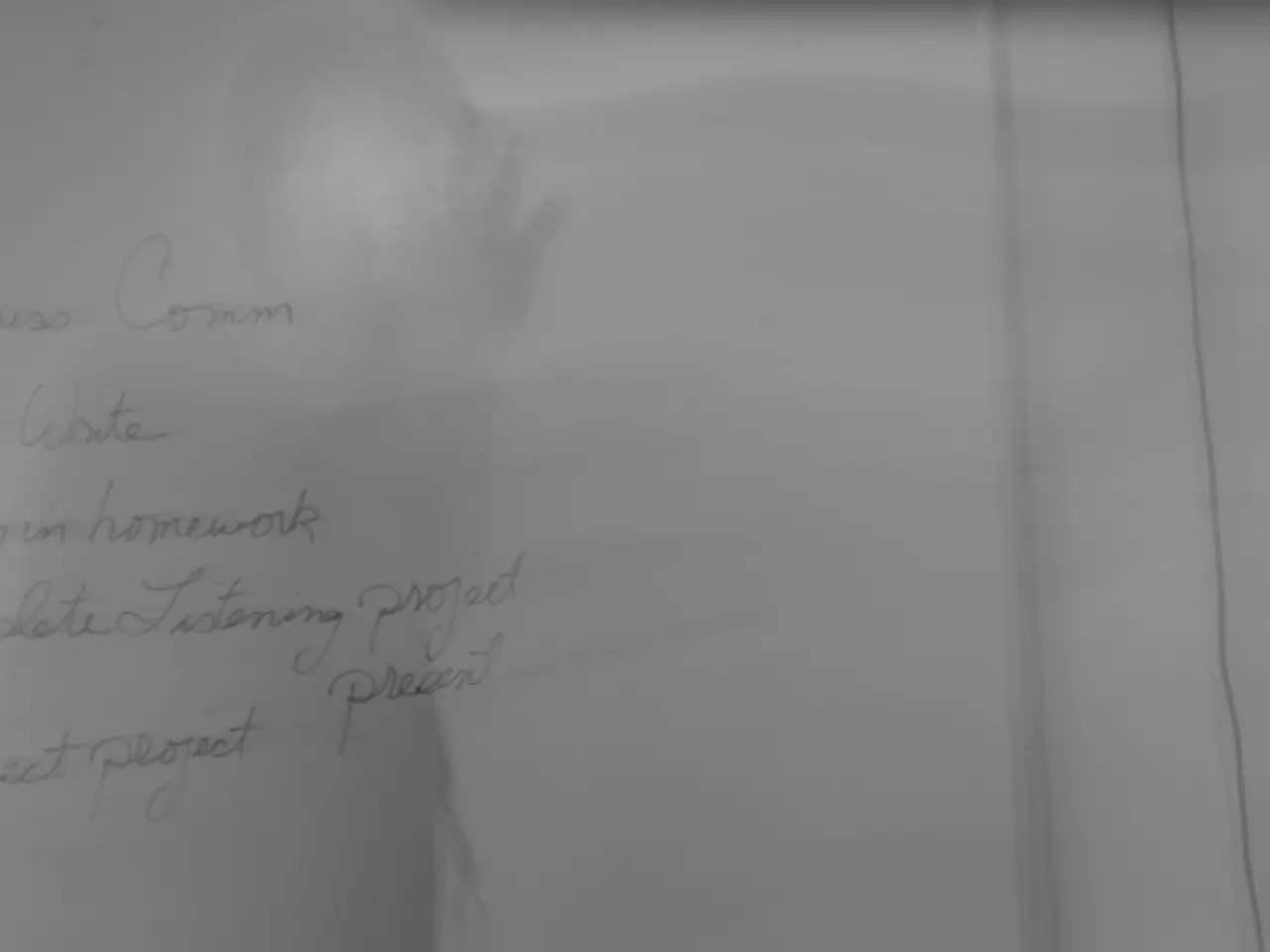Trump Delays Tariff Implementation to August 7, Adding More Doubt to the Timeline
The use of a 1977 law by President Trump to declare the U.S. trade deficit a national emergency and justify tariffs on almost every country is facing a legal challenge. This challenge, currently at the federal appeals court level, questions the president's authority to invoke the International Emergency Economic Powers Act (IEEPA) to impose tariffs based on the trade deficit.
During recent oral arguments, federal judges expressed significant skepticism about Trump's authority to invoke IEEPA in this manner. They questioned whether the trade deficit qualifies as an "unusual or extraordinary" threat or an "emergency" as required by the law.
Both state and private plaintiffs argue that the trade deficit, being a long-standing issue, does not meet the emergency criteria. On the other hand, the Justice Department claims that the deficit’s recent sharp increase constitutes an emergency.
Despite some reluctance, some judges acknowledged that the executive order described legitimate concerns about the trade deficit's impact, leaving a possibility that the tariffs’ justification under an emergency might be accepted. However, a prior decision by a three-judge trade court panel held that the president lacked authority to impose these reciprocal tariffs announced in April 2025, which underlines ongoing judicial resistance to the tariff program.
The tariffs continue to play a political and negotiation role under Trump’s claimed authority, being used as leverage in trade talks with partners like the European Union and Mexico. Recent agreements have reportedly forestalled steeper tariffs.
If courts rule that Trump lacked statutory authority under IEEPA, the tariffs could be deemed unlawful and unconstitutional, forcing their removal or nullification. Such a ruling would set a precedent limiting future presidents' use of emergency powers to impose tariffs on trade deficit grounds.
Conversely, if the courts uphold the tariffs, it could expand executive power in trade policy and solidify the use of emergency laws for economic measures. Ongoing uncertainty in courts may affect international trade negotiations, as trading partners weigh the stability of U.S. tariff commitments seen as politically motivated enforcement tools.
The tariffs affect 66 countries, the European Union, Taiwan, and the Falkland Islands. The Canadian Prime Minister, Mark Carney, has stated that Canada can no longer rely on the U.S. as an ally, and Trump declined to speak with him on Thursday. U.S. Trade Representative Jamieson Greer stated that "a lot of them [countries] are" happy with the rates set by Trump.
President Trump signed an order on Thursday night imposing new tariffs, but the start date was pushed back seven days. Countries not listed in the order will be charged a baseline 10% tariff. The Trump administration is in extended trade talks with China, which faces a 30% tariff and is imposing a 10% retaliatory rate on the U.S. Switzerland and Norway were among the countries that did not know what their tariff rate would be.
[1] CNN [2] Reuters
[1] The ongoing legal challenge question's President Trump's authority to use the International Emergency Economic Powers Act (IEEPA) to justify tariffs on nearly every country based on the U.S. trade deficit, with federal judges expressing significant skepticism about this move. [2] Key concerns revolve around whether the trade deficit qualifies as an "unusual or extraordinary" threat or an "emergency" as required by the law, as both state and private plaintiffs argue that the trade deficit, being a long-standing issue, does not meet the emergency criteria. [1] If courts rule that Trump lacked statutory authority under IEEPA, the tariffs could be deemed unlawful and unconstitutional, potentially setting a precedent limiting future presidents' use of emergency powers to impose tariffs on trade deficit grounds. [2] On the other hand, the Justice Department claims that the deficit’s recent sharp increase constitutes an emergency, and there have been reports that recent agreements have forestalled steeper tariffs in trade talks with partners like the European Union and Mexico. [1] The tariffs, imposed under President Trump's claimed authority, continue to affect 66 countries, the European Union, Taiwan, and the Falkland Islands, and the Canadian Prime Minister, Mark Carney, has stated that Canada can no longer rely on the U.S. as an ally. [2] Meanwhile,President Trump continues to sign orders imposing new tariffs, with key tariff rates yet to be determined for some countries like Switzerland and Norway.




